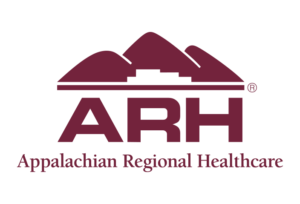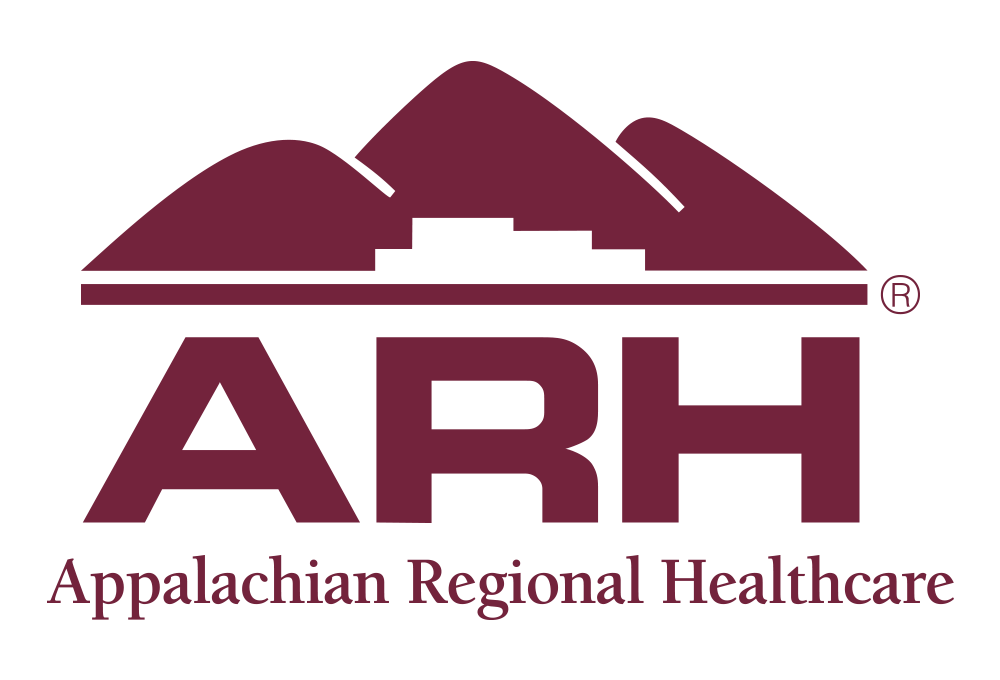
June 21, 2021
All across America communities will be shooting off fireworks on July 4th to celebrate America’s birthday. Although everyone enjoys watching the colorful fireworks displays, they may not realize those loud “booming” fireworks can damage their hearing.
According to the CDC’s National Center for Environmental Health (NCEH), hearing loss from loud noise is permanent — and most people do not notice their hearing is damaged until it is too late.
To reduce your risk for noise-related hearing loss this July 4 th:
- Wear earplugs or earmuffs if setting off firecrackers. If a firecracker explodes near your ear, you could experience immediate hearing damage.
- Explosive sounds like firecrackers are more hazardous to hearing than other loud noise.
- To protect your hearing, be sure to enjoy the show from a safe distance.
- Make hearing protection a family affair. Going to a fireworks show together? Everyone should wear earplugs or earmuffs to protect their hearing.
“Fireworks and other loud noises can cause hearing loss,” said Jessica Helton, APRN with ARH Cumberland Valley Medical and Surgical Associates. “If you notice any pain, discomfort, ringing or buzzing in your ears, call your healthcare provider.”
According to the U.S. Consumer Product Safety Commission (CPSC), an estimated 8,500 persons in the United States are treated in emergency departments each year for fireworks-related injuries. The injury rate is highest among boys aged 10–14 years. Most commonly, injuries from fireworks affect the hands (34%), face (12%) and eyes (17%).
The CPSC suggests these safety tips when using fireworks:
- Never allow young children to play with or ignite fireworks.
- Avoid buying fireworks that are packaged in brown paper because this is often a sign the fireworks were made for professional displays and they could pose a danger to consumers.
- Always have an adult supervise fireworks activities. Parents do not realize that young children suffer injuries from sparklers. Sparklers burn at temperatures around 1,000 degrees – hot enough to melt some metals.
- Never place any part of your body directly over a fireworks device when lighting the fuse. Back up to a safe distance immediately after lighting fireworks.
- Never try to re-light or pick up fireworks that have not ignited fully.
- Never point or throw fireworks at another person.
- Keep a bucket of water or a garden hose handy in case of fire or other mishap.
- Light fireworks one at a time, then move back quickly.
- Never carry fireworks in a pocket or shoot them off in metal or glass containers.
- After fireworks complete their burning, douse the spent device with plenty of water from a bucket or hose before discarding it to prevent a trash fire.
- Make sure fireworks are legal in your area before buying or using them.
“To stay safe from burns and injuries, it is best to attend a community fireworks show. However, don’t forget the ear plugs for those loud firework sounds,” added Helton. “July 4th is a great time to celebrate—just be safe!”



